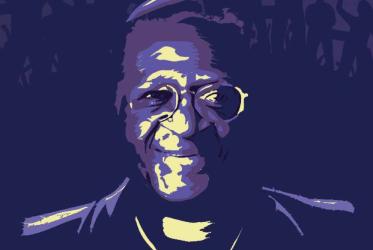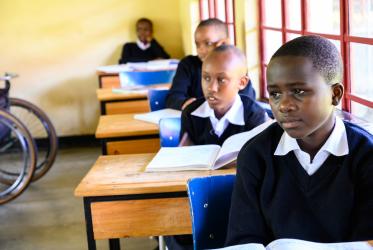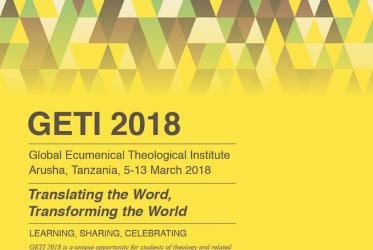Displaying 1 - 8 of 8
03 February 2022
Mission and people with disabilities
26 June 2019
EKD delegation, other visitors grace WCC
26 October 2018
Konrad Raiser shares ecumenical journey of transformation
06 February 2018
GEM School: integrating theology and economics
05 September 2017
Applications open for WCC Eco-School
10 May 2017





